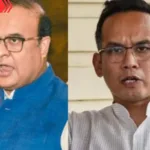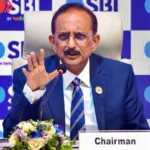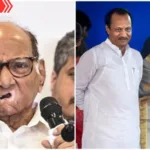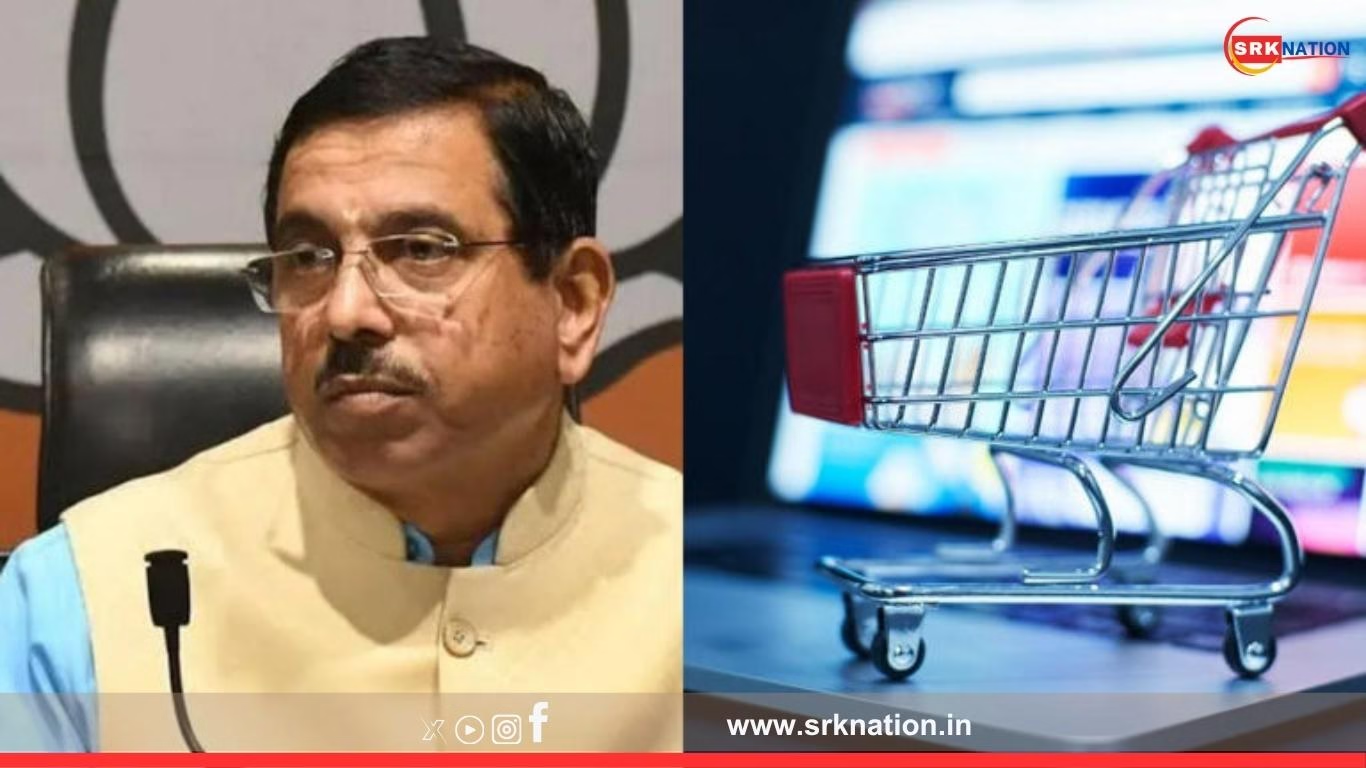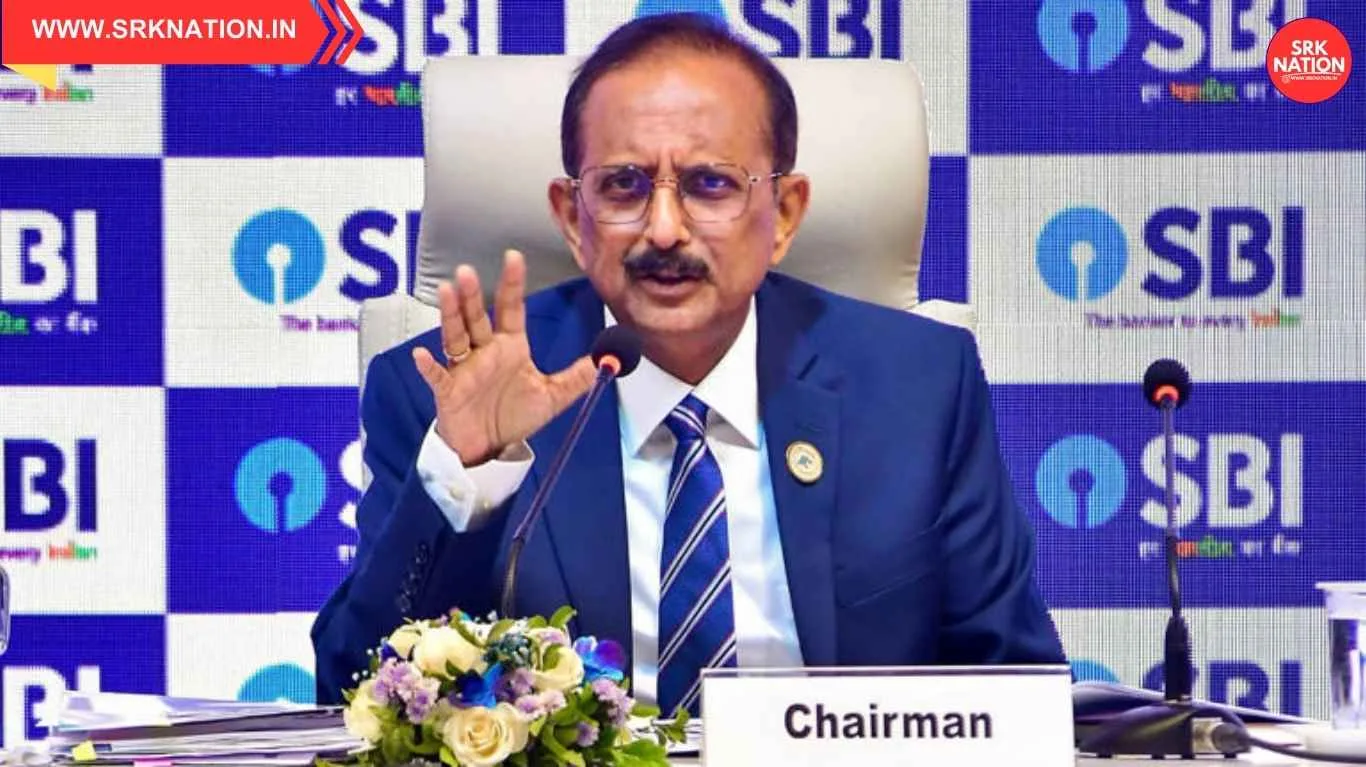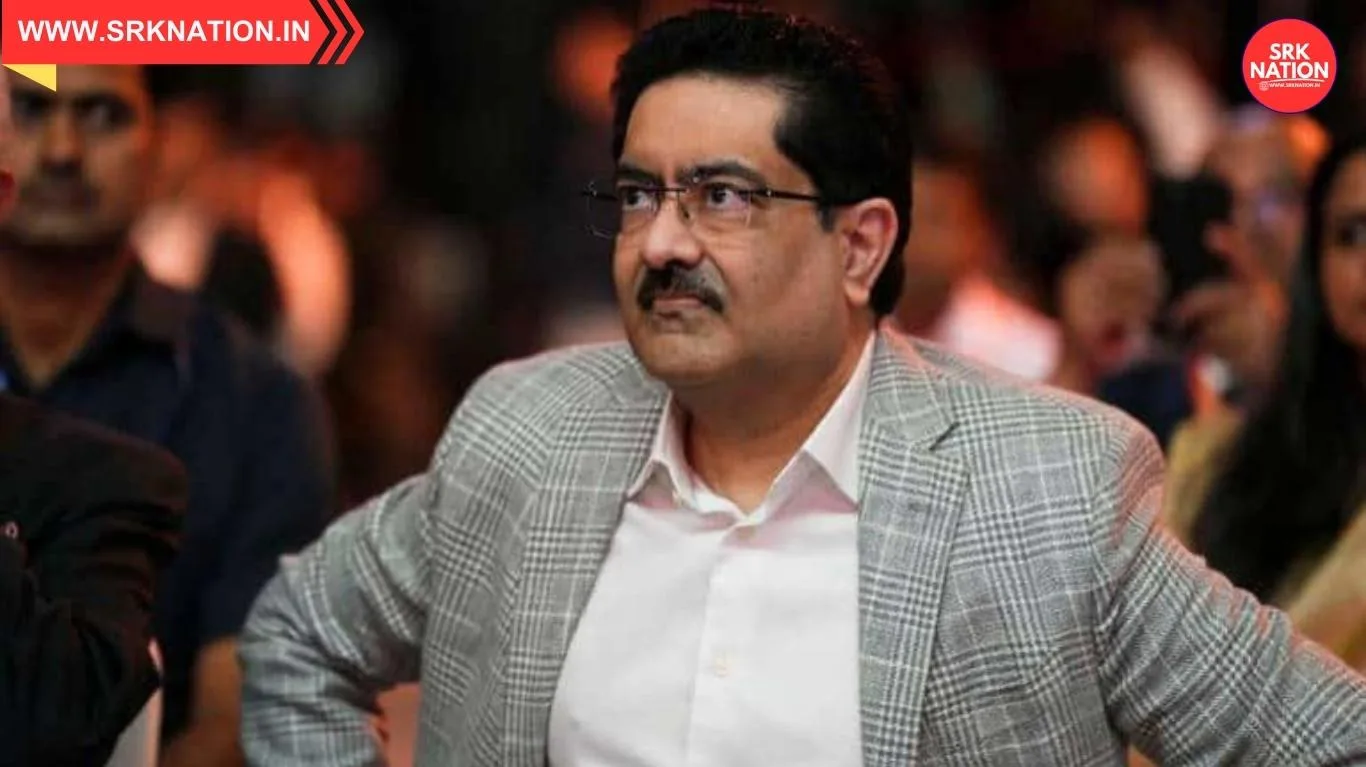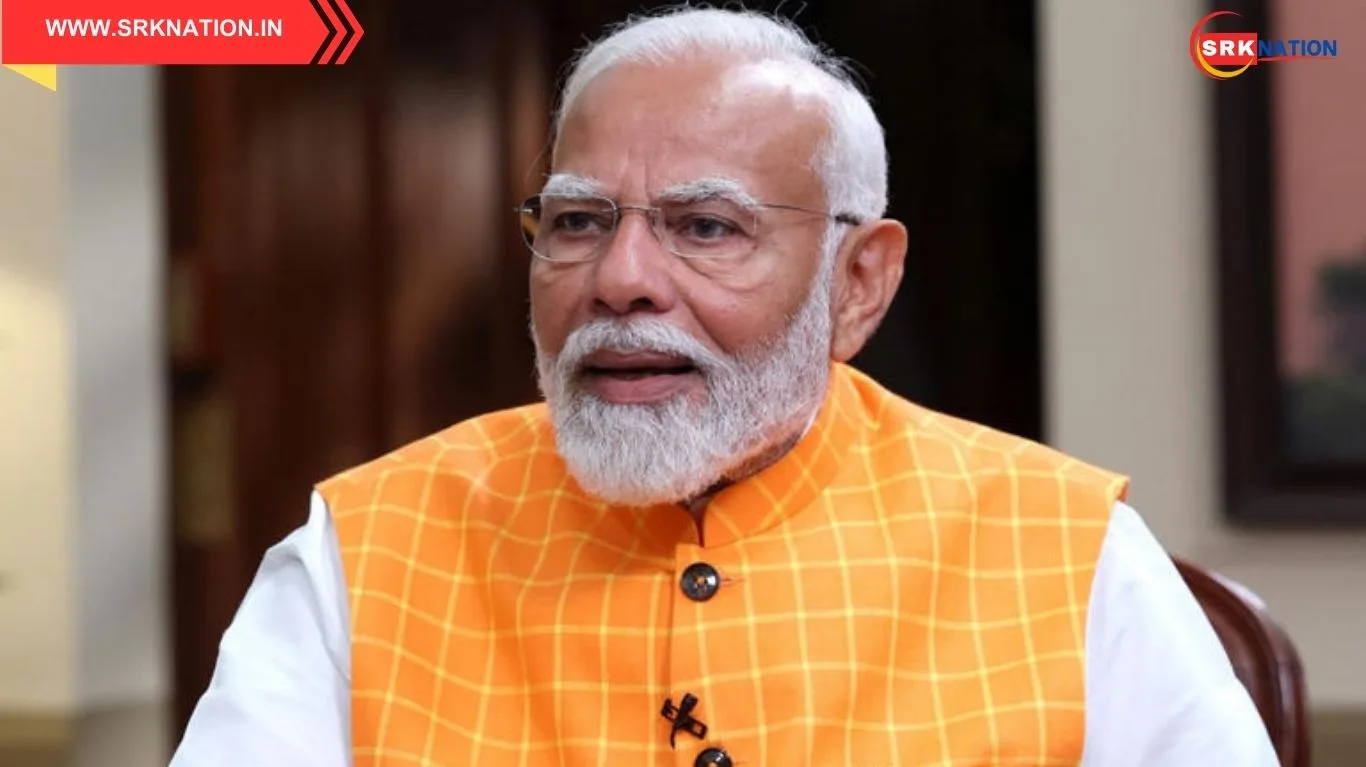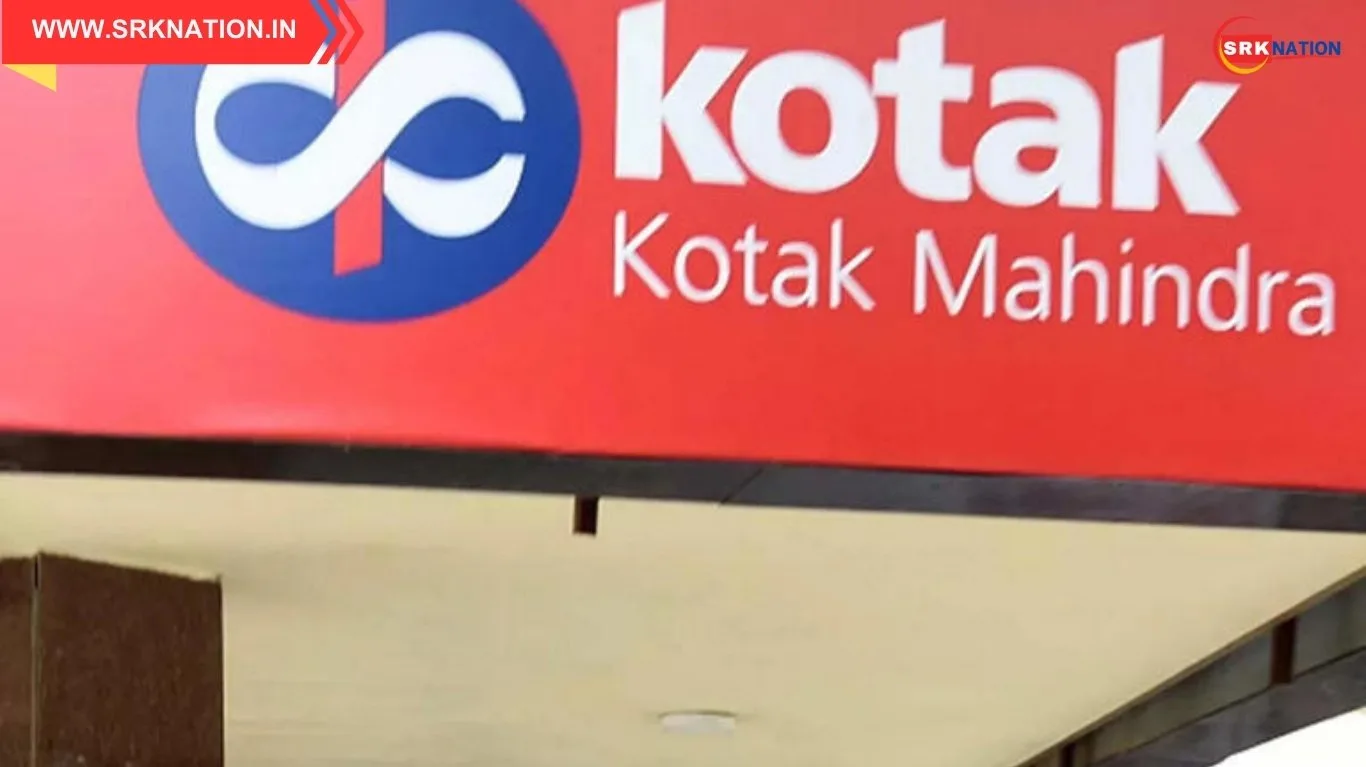Union Consumer Affairs Minister Pralhad Joshi has announced a sweeping crackdown on deceptive digital practices—commonly known as “dark patterns”—used by e-commerce platforms to mislead consumers and extract hidden fees. Speaking at a press briefing in New Delhi on October 3, 2025, Joshi said the government will take “firm and immediate action” against platforms that violate consumer trust through manipulative interface designs and non-transparent pricing.
Joshi’s remarks come amid growing complaints from consumers about being charged undisclosed convenience fees, auto-added services, and misleading discount claims during online purchases. The Ministry of Consumer Affairs has received over 12,000 complaints in the past six months alone, prompting a multi-agency investigation into leading e-commerce platforms, including food delivery apps, travel booking sites, and online marketplaces.
“Dark patterns are not just unethical—they are illegal under the Consumer Protection Act. We will not allow platforms to exploit digital loopholes to cheat Indian consumers,” Joshi said. “Hidden fees, auto-subscriptions, and false urgency tactics must end. We are preparing a compliance framework that will hold platforms accountable.”
Types of Dark Patterns Under Scrutiny – E-Commerce Violations
| Dark Pattern Type | Description | Common Platforms Involved |
|---|---|---|
| Hidden Charges | Fees added at checkout without prior disclosure | Food delivery, ticketing, travel apps |
| Forced Continuity | Auto-renewal of subscriptions without consent | OTT platforms, fitness apps |
| Bait and Switch | Displaying one price, charging another | Online marketplaces, flash sale portals |
| Confirmshaming | Guilt-tripping users into accepting offers | Newsletter pop-ups, donation prompts |
| False Urgency | Countdown timers to pressure purchases | Fashion and electronics websites |
The Ministry is working with the Competition Commission of India (CCI), the Department for Promotion of Industry and Internal Trade (DPIIT), and the Reserve Bank of India (RBI) to develop a unified regulatory response. Joshi confirmed that platforms found guilty of repeated violations could face penalties up to ₹50 crore, suspension of operations, or blacklisting from government procurement programs.
Consumer Protection Enforcement – Government Action Plan
| Enforcement Pillar | Measures Proposed | Timeline |
|---|---|---|
| Regulatory Guidelines | Mandatory disclosure of all fees | Draft by November 2025 |
| Platform Audits | Surprise inspections and code reviews | Starting December 2025 |
| Penalty Framework | ₹5 lakh to ₹50 crore based on severity | Finalized by January 2026 |
| Consumer Redressal Boost | Fast-track grievance resolution | Expansion of helpline and portal |
| Public Awareness Drive | Campaigns on digital rights | Launching in Tier 2 and Tier 3 cities |
Joshi also announced the formation of a Digital Consumer Protection Task Force, which will include cybersecurity experts, UI/UX designers, legal scholars, and consumer rights activists. The task force will advise the ministry on evolving digital threats and recommend safeguards to protect vulnerable users, especially senior citizens and first-time internet users.
Industry bodies such as the Confederation of Indian Industry (CII) and the Federation of Indian Chambers of Commerce and Industry (FICCI) have welcomed the move, urging platforms to adopt ethical design standards. “Transparency is the cornerstone of digital commerce. We support the government’s initiative to eliminate dark patterns and restore consumer confidence,” said CII’s Digital Economy Chairperson Ritu Anand.
Consumer Complaints – Sector-Wise Breakdown (April–September 2025)
| Sector | Number of Complaints | Common Issues Reported |
|---|---|---|
| Food Delivery | 4,200 | Hidden packaging fees, surge pricing |
| Travel & Ticketing | 3,100 | Convenience fees, refund delays |
| E-Commerce Retail | 2,800 | Misleading discounts, auto-added items |
| OTT & Subscriptions | 1,200 | Auto-renewals, unclear cancellation terms |
| Financial Services Apps | 700 | Hidden processing charges, upselling |
Social media platforms have seen a surge in consumer-led campaigns against dark patterns, with hashtags like #StopHiddenFees, #DarkPatternAlert, and #DigitalRightsIndia trending across Twitter/X, Instagram, and YouTube. Influencers and digital rights advocates have called for stronger enforcement and better consumer education.
Public Sentiment – Social Media Buzz on Dark Patterns Crackdown
| Platform | Engagement Level | Sentiment (%) | Top Hashtags |
|---|---|---|---|
| Twitter/X | 1.4M mentions | 82% supportive | #StopHiddenFees #DarkPatternAlert |
| 1.2M interactions | 80% concerned | #DigitalRightsIndia #ConsumerJustice | |
| 950K views | 85% strategic | #EthicalDesign #ECommerceRegulation | |
| YouTube | 870K views | 83% informative | #JoshiExplained #ConsumerProtection |
Legal experts believe the crackdown could set a precedent for global digital regulation. “India is taking the lead in defining what ethical digital commerce should look like. This will influence how platforms design their interfaces and disclose pricing worldwide,” said Supreme Court advocate Priya Mehra.
In conclusion, Pralhad Joshi’s announcement marks a decisive shift in India’s digital consumer protection landscape. By targeting dark patterns and hidden fees, the government aims to restore transparency, fairness, and trust in the e-commerce ecosystem—ensuring that every Indian consumer is treated with dignity and respect in the digital marketplace.
Disclaimer: This article is based on publicly available government statements, verified consumer data, and official commentary. It does not constitute legal advice or prediction of any regulatory outcome. All quotes are attributed to public figures and institutions as per coverage. Readers are advised to follow official Ministry of Consumer Affairs updates for verified information.

